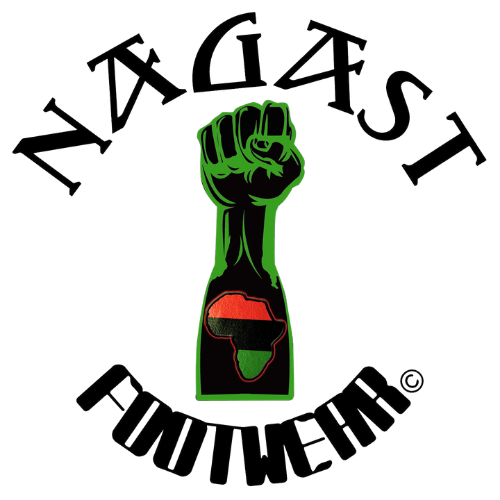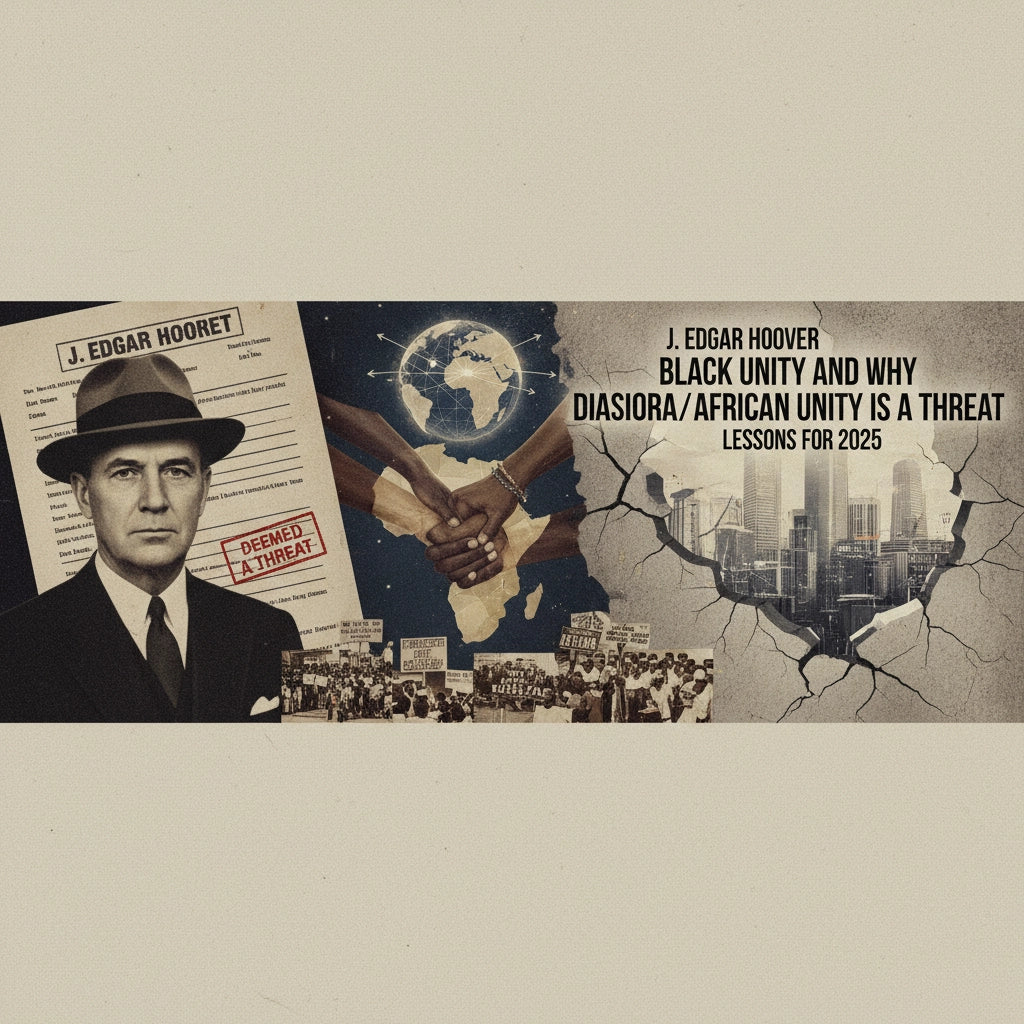
J. Edgar Hoover, Black Unity, and Why Diaspora/African Unity Is a Threat: Lessons for 2025
Share
The red, black, and green flag that Marcus Garvey gifted to the world wasn't just about pride: it was about power. Power that comes from unity. Power that threatens systems built on division. And no one understood this threat better than J. Edgar Hoover, the FBI director who spent nearly five decades orchestrating campaigns to fracture Black solidarity in America and beyond.
While there's no verified record of Hoover saying "negro unity is the greatest threat to America," his documented actions spoke louder than any quote could. Through systematic surveillance, infiltration, and outright violence, Hoover's FBI proved that Black unity: especially on a global scale: remains one of the most feared forces by those who profit from our division.
The Man Behind the Machine
J. Edgar Hoover didn't just run the FBI from 1924 to 1972: he weaponized it. Under his leadership, the bureau transformed from a law enforcement agency into an instrument of social control, with Black Americans as primary targets. Hoover understood something that many of our people are still learning today: when we move together, we move mountains.
His March 1968 memo laid out the game plan with chilling clarity: "prevent the rise of a 'messiah' who could unify, and electrify the militant black nationalist movement." He specifically named Dr. Martin Luther King Jr. as "a very real contender for this position should he abandon his supposed 'obedience' to 'white, liberal doctrines' (nonviolence) and embrace black nationalism."
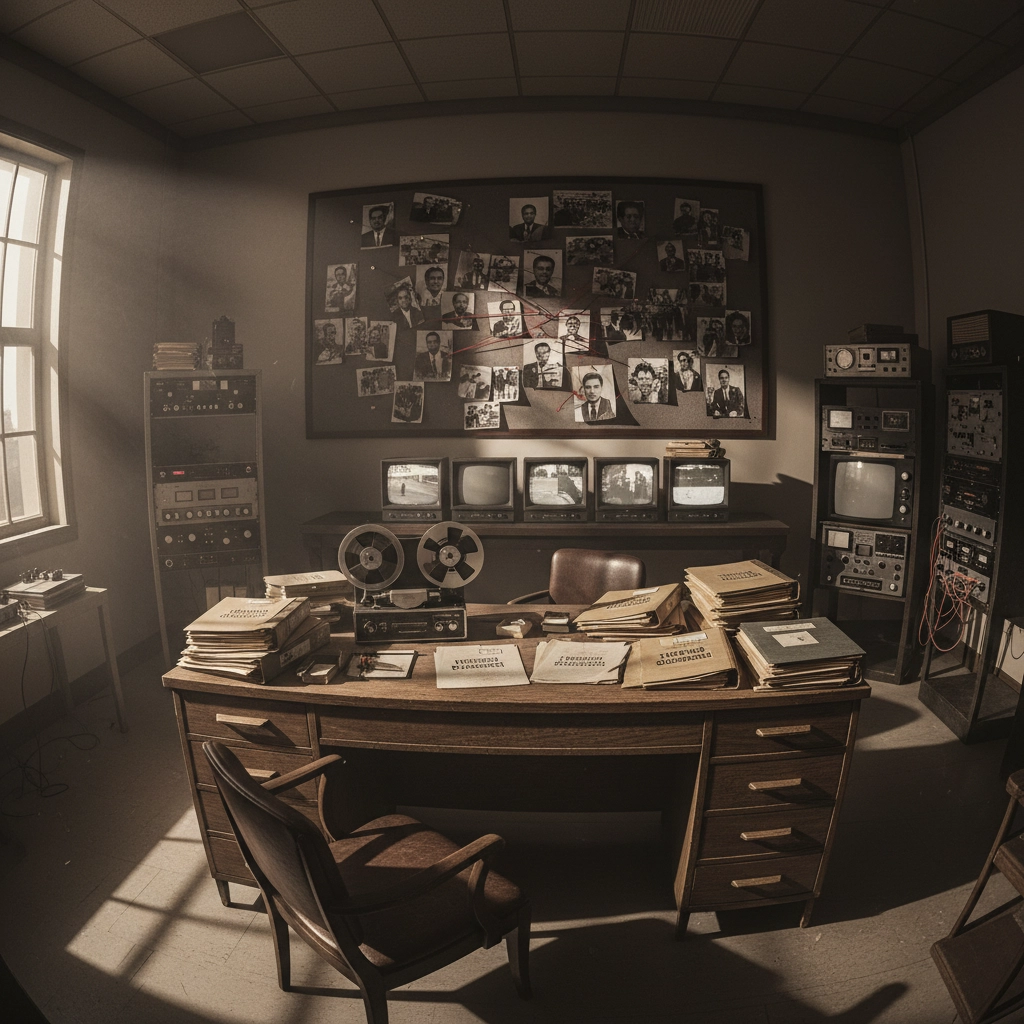
Think about that for a moment. The FBI wasn't just worried about individual leaders: they were terrified of what would happen if those leaders could bring our people together under one vision. They saw what Marcus Garvey had accomplished with the Universal Negro Improvement Association, and they weren't about to let that happen again.
COINTELPRO: Divide and Destroy
The Counter Intelligence Program wasn't subtle about its intentions. Hoover's August 1967 directive to twenty-four FBI field offices was crystal clear: "expose, disrupt, misdirect, discredit, or otherwise neutralize the activities of black nationalist, hate-type organizations and groupings, their leadership, spokesmen, membership, and supporters."
But here's where it gets really dark. In one memo, Hoover wrote: "Purpose of counterintelligence action is to disrupt the Black Panther Party and it is immaterial whether facts exist to substantiate the charge." Let that sink in. Truth didn't matter: only disruption did.
They assassinated Fred Hampton while he slept. They imprisoned Geronimo Pratt for decades on fabricated charges. They drove Assata Shakur into exile. They destroyed families, friendships, and organizations from the inside out. All because unity among Black people represented an existential threat to a system built on our oppression.
The Panthers: "Greatest Threat to Internal Security"
By 1969, Hoover had identified his primary target. He declared the Black Panther Party "without question, represents the greatest threat to the internal security of the country." Not foreign armies. Not nuclear weapons. Not economic collapse. A group of young Black people feeding children breakfast and teaching community self-defense.
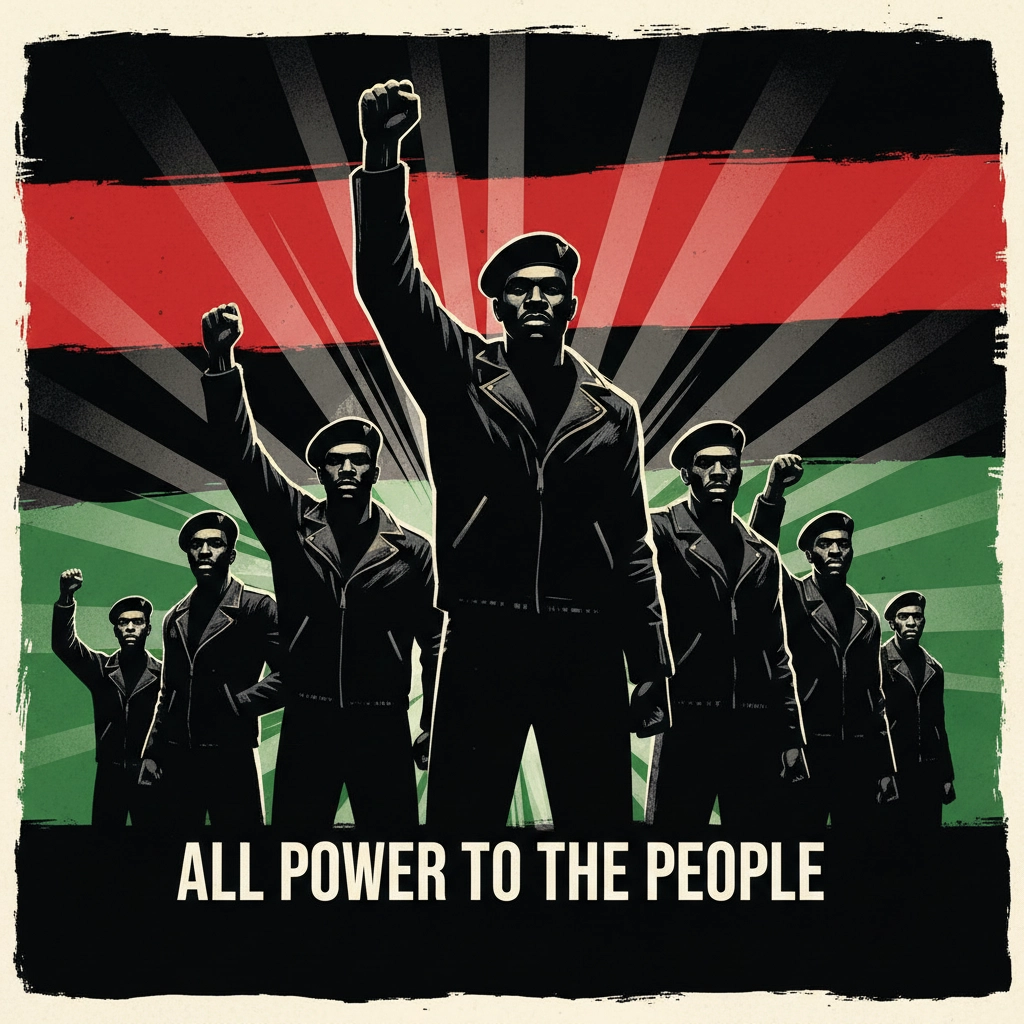
The Panthers' real crime wasn't violence: it was vision. They connected the struggle of Black Americans to liberation movements across Africa, Asia, and Latin America. They understood that Pan-African unity wasn't just about culture; it was about power. Economic power. Political power. The power to determine our own destiny.
When an FBI agent in San Francisco reported that his investigation found the Panthers were primarily engaged in community service, Hoover's response was swift and threatening. He demanded evidence supporting his predetermined view of the organization as "violence-prone" and seeking to "overthrow the Government by revolutionary means." The truth was irrelevant: the narrative had to serve the disruption.
Why Unity Still Terrifies Them
Fast-forward to 2025, and the playbook hasn't changed much: it's just gone digital. Social media algorithms suppress Pan-African content. Activists find their accounts mysteriously shadowbanned. Organizations advocating for reparations or African unity face constant surveillance and infiltration attempts.
The reason is simple: unified Black people represent the same threat today that we did in Hoover's time. We're 1.4 billion strong on the African continent alone. Add the diaspora: from Brazil to Britain, from Haiti to Harlem: and you're looking at a global community with unprecedented potential for economic and political power.
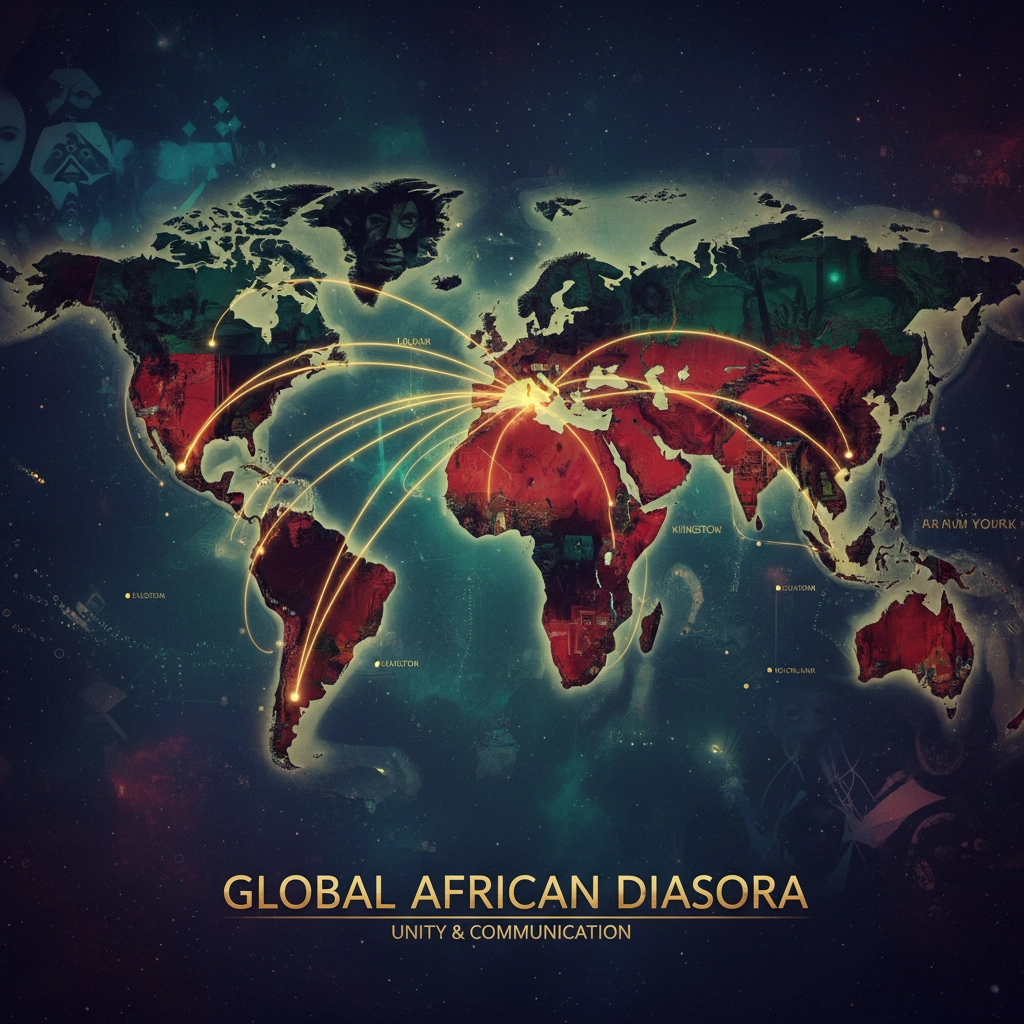
Imagine if just 10% of that diaspora coordinated our spending power. Imagine if we built trade networks that bypassed traditional Western intermediaries. Imagine if we elected leaders who prioritized African unity over American approval. That's the vision that keeps power structures awake at night.
Marcus Garvey's Prophetic Vision
Marcus Garvey saw this coming a century ago. His Universal Negro Improvement Association wasn't just about Black pride: it was about Black power on a global scale. The red, black, and green flag he gave us wasn't just symbolic; it was a blueprint for liberation.
Red for the blood shed in our struggle. Black for the beauty and strength of our people. Green for the rich land of Africa that remains our spiritual and ancestral home. These colors represent unity of purpose across all boundaries: national, linguistic, religious, and class-based.
Garvey understood that our oppressors would always try to divide us by nationality, colorism, religion, or politics. But he also knew that beneath these surface differences lay a common experience of struggle and a shared destiny of liberation.
The Digital Age Disruption
Today's disruption tactics are more sophisticated but follow the same patterns. Instead of planting newspaper stories, they manipulate social media algorithms. Instead of infiltrating meetings, they create fake online personas. Instead of tapping phones, they monitor every digital interaction.
But they also reveal their continued fear. Why would billion-dollar tech companies need to suppress content about African unity if it wasn't powerful? Why would government agencies monitor Pan-African organizations if they weren't effective?
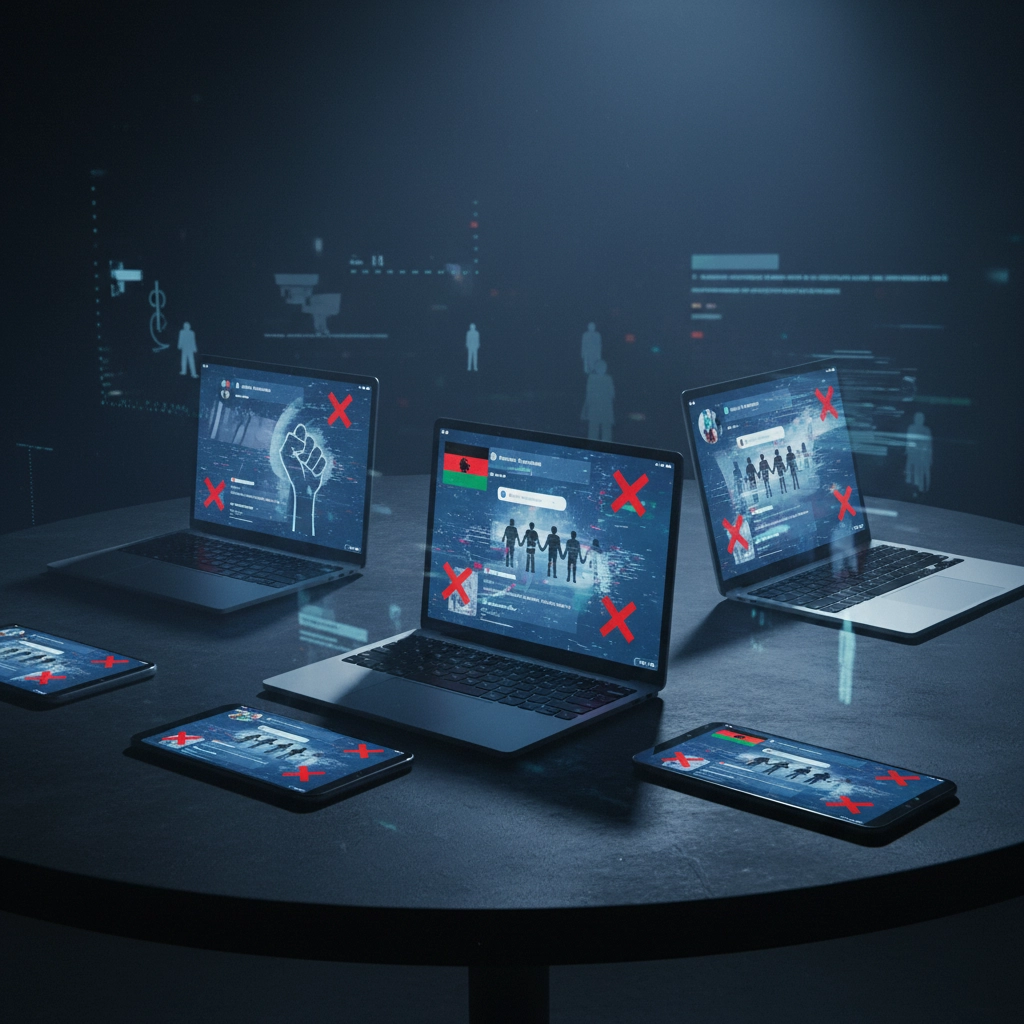
The surveillance itself is proof of our power. They monitor us because they know that when we organize, we win. When we unify our economic power, we become self-sufficient. When we coordinate our political action, we become ungovernable.
Lessons for the Next Generation
Understanding Hoover's legacy isn't about dwelling in the past: it's about preparing for the future. Today's young organizers need to know that every movement for Black liberation will face systematic opposition. But they also need to know that this opposition comes from a place of fear, not strength.
The establishment fears diaspora unity because they know it works. They know that coordinated Black economic power could transform global markets. They know that unified Black political action could reshape international relations. They know that connected Black communities could solve problems that governments can't or won't address.
Building Despite the Opposition
At Nagast Footwear, we don't just talk about Pan-African unity: we practice it. Every design celebrates our shared heritage. Every purchase supports Black-owned businesses across the diaspora. Every conversation we start helps connect our community members to their roots and to each other.
This isn't just business: it's revolution. When we wear our heritage with pride, we're making a statement that Hoover and his successors don't want to hear: we know who we are, we know where we come from, and we know where we're going.
The red, black, and green colors that Garvey gave us aren't just fashion statements. They're declarations of independence from systems designed to keep us divided and dependent. They're promises to our ancestors and our children that we'll never again allow others to define our destiny.
The Path Forward
Every time you support a Black-owned business, you're building the economic unity they fear. Every time you learn about African history, you're reclaiming the narrative they tried to steal. Every time you connect with diaspora family across the globe, you're strengthening the bonds they tried to break.
The surveillance continues. The disruption attempts persist. But so does our resistance. So does our unity. So does our power.
Hoover spent fifty years trying to prevent what he saw coming: a unified, conscious, powerful Black community that spans the globe. He failed then, and his successors are failing now.
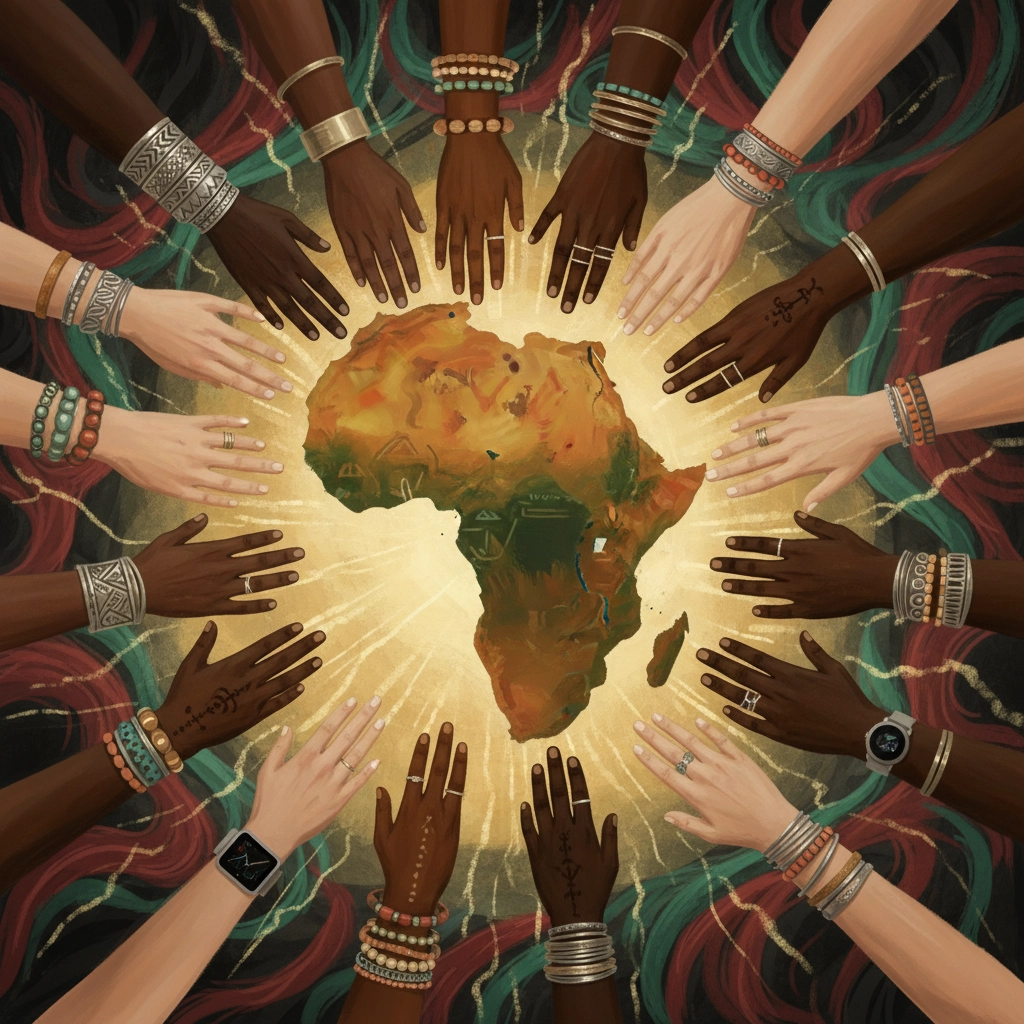
In 2025, diaspora unity isn't just possible: it's inevitable. The question isn't whether we'll come together, but how quickly and how completely. The red, black, and green flag that Marcus Garvey raised over a century ago is still flying, still calling us home to each other.
And that's exactly what they're afraid of.
Ready to be part of the movement? Explore our Pan-African collection at Nagast Footwear and wear your unity with pride.
